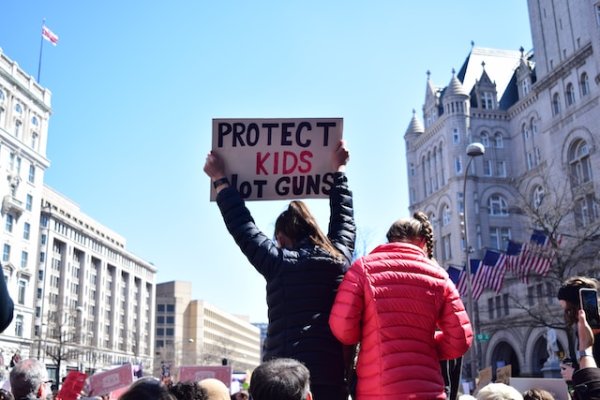
UNICEF has published the report ‘Free and safe to protest’, highlighting the necessary conditions to protect and promote children’s right to freedom of peaceful assembly, which is considered “important for their personal development, their participation in political and public affairs, and for catalysing local, national and global change.”
The report calls attention to the general obligations that states have to allow children to exercise this right. It also includes a section on how states should address the arrest of children, in line with international standards on children’s rights and within the framework of age-appropriate and child-friendly juvenile justice systems. UNICEF reminds that arrest and detention should always be a last resort, when all other means of control have been exhausted and children pose an imminent threat of injury to themselves or others. In addition, their arrest should aim to preserve their dignity, maintain their privacy and not cause them humiliation or degradation.
In this regard, UNICEF reminds that any violent methods to apprehend and arrest children should be prohibited. Moreover, children should not be held in police cells, except as a last resort and for the shortest time, and not be held with adults. The State should aim to work as quickly as possible to release the child, as well as to give them access to parents or an appropriate adult, the legality of their arrest being examined within 24hrs.
Furthermore, the police questioning detained children must be aware of their ability to be intimidated. UNICEF reminds that the risk of false confession is more likely, due to the child’s age and development, lack of understanding, and fear of unknown consequences, which must all be considered. Children must have access to legal assistance and have the support of a parent, legal guardian or appropriate adult, with audio-visual recordings ensuring that they will not need to be interviewed again.
In addition, UNICEF demands specialised training for all law enforcement officers and other justice officials so that they can respond to the special needs of children and ultimately respect their rights, considering the impact arrest and detention would have on them.